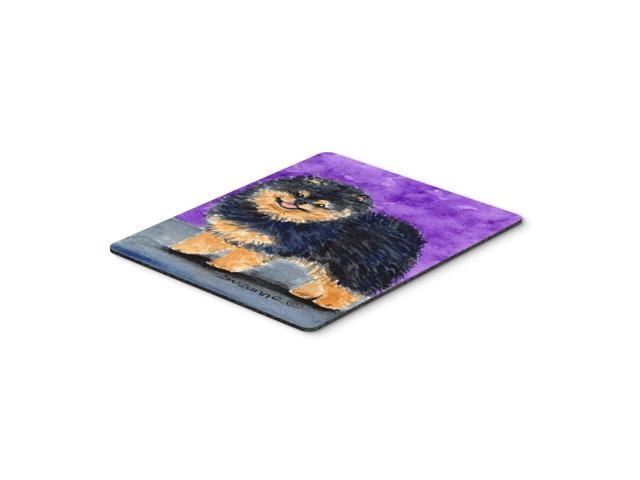This new volume brings together articles that apply critical discourse analysis to texts and speech that contributes to the marginalization of minority groups. Studying both the fine details of language use and the political values implicated by word choice, the contributors examine how an “us versus them” division is played out in a wide array of cultural settings. Among the groups considered are immigrants in Western Europe, African Americans, African Canadians, Mexican Natives, Jews in Austria, and Muslims in Europe and North America. Examples of everyday speech through which prejudice is conveyed include advertising, parliamentary debate, travel literature, newspaper articles, the law, autobiography, and even classroom discourse. Collectively, the chapters make a strong and original case for the values of linguistic perspective in the study of prejudice and social inequity. The Language and Politics of Exclusion demonstrates, especially to such disciplines as sociology, journalism, and communication the ways in which discourses can marginalize others. Students and professionals will gain insight into this problem and ideally, learn the self-monitoring skills necessary to prevent this from happening. This book’’s in-depth look into the issue helps to lead the way.















